
Quando le brezze giocavano e le tempeste insegnavano
When Breezes Played and Storms Taught Lessons
Io ero il vento dell’ovest
I Was the West Wind
Quando ero piccolo, giocavo ogni giorno nel prato con i miei fratelli, le altre piccole brezze. Eravamo felici, sempre avvolti dal calore del sole che splendeva in un cielo sereno. Mia madre voleva che fossimo gentili con la gente del villaggio, ma a volte faceva finta che non si accorgesse dei nostri scherzi.
When I was little, I played every day in the meadow with my brothers, the other small breezes. We were happy, always wrapped in the warmth of the sun that shone in a clear sky. My mother wanted us to be kind to the townspeople, but sometimes she pretended not to notice our tricks.
Giocavamo a nascondino
We Played Hide and Seek
Uno dei nostri passatempi preferiti era giocare a nascondino. Passavamo sopra il fiume e sotto i ponti cercando i posti migliori dove nasconderci. Speravamo che la gente non ci sentisse arrivare e che non si accorgesse del nostro soffio. A volte desideravo che un cappello volasse così in alto da non tornare mai più!
One of our favorite pastimes was playing hide-and-seek. We passed over the river and under the bridges looking for the best hiding spots. We hoped people wouldn’t hear us coming and wouldn’t notice our breath. Sometimes I wished a hat would fly so high it would never come back!
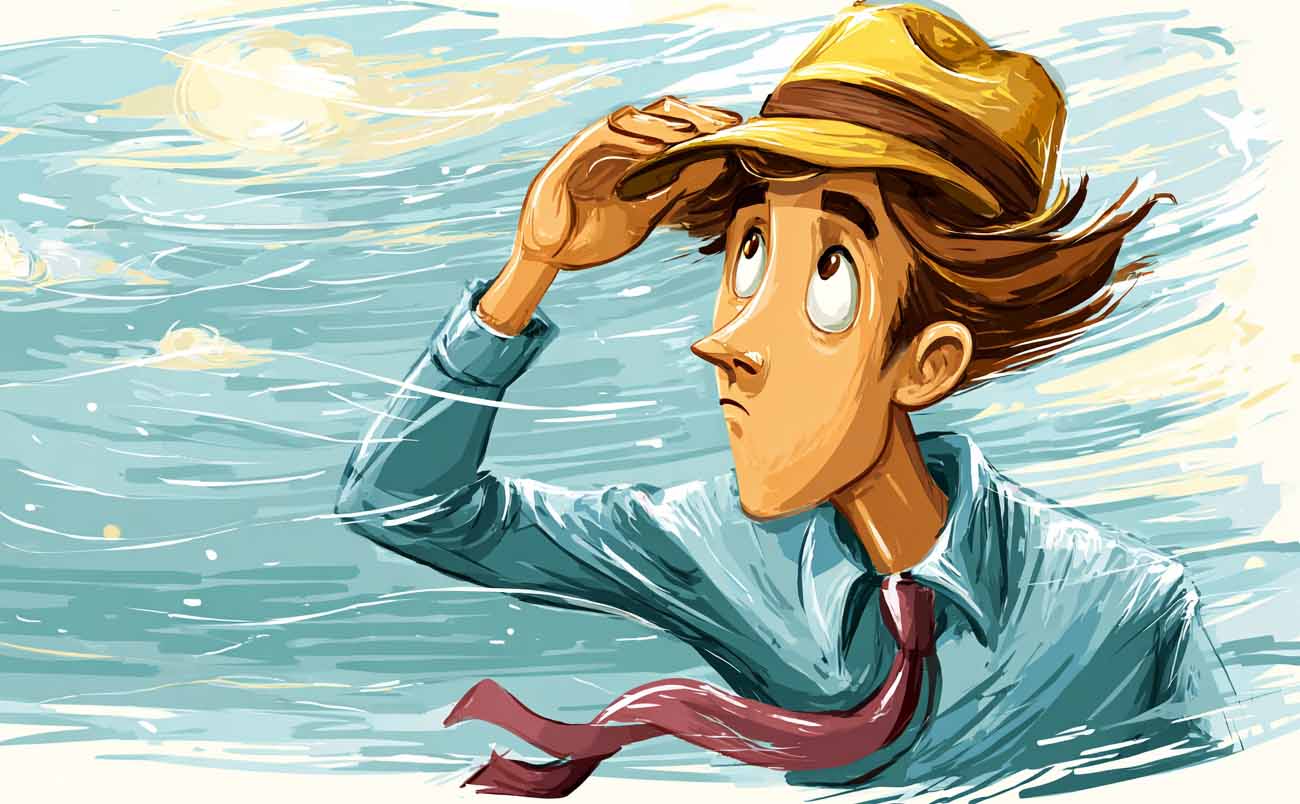
Gli scherzi al mercato
Pranks at the Market
Puntavo sempre la gente che andava al mercato a comprare una bistecca dal macellaio o un bel pezzo di pane dal fornaio. Era divertente vedere che corressero dietro ai loro cappelli! Avrei voluto che le altre brezze ridessero per sempre di questi momenti.
I always aimed for people who were going to the market to buy a steak from the butcher or a nice piece of bread from the baker. It was fun to see them run after their hats! I wished the other breezes could laugh forever about those moments.
Di notte, quando papà, il vento del nord, scopriva come mi ero comportato, si arrabbiava sempre. Voleva che smettessi di giocare con la povera gente e che diventassi più saggio. Se volessi diventare un grande vento, diceva, dovevo imparare il rispetto.
At night, when Dad, the North Wind, found out how I had behaved, he always got angry. He wanted me to stop playing with the poor townspeople and to become wiser. If I wanted to become a great wind, he said, I had to learn respect.
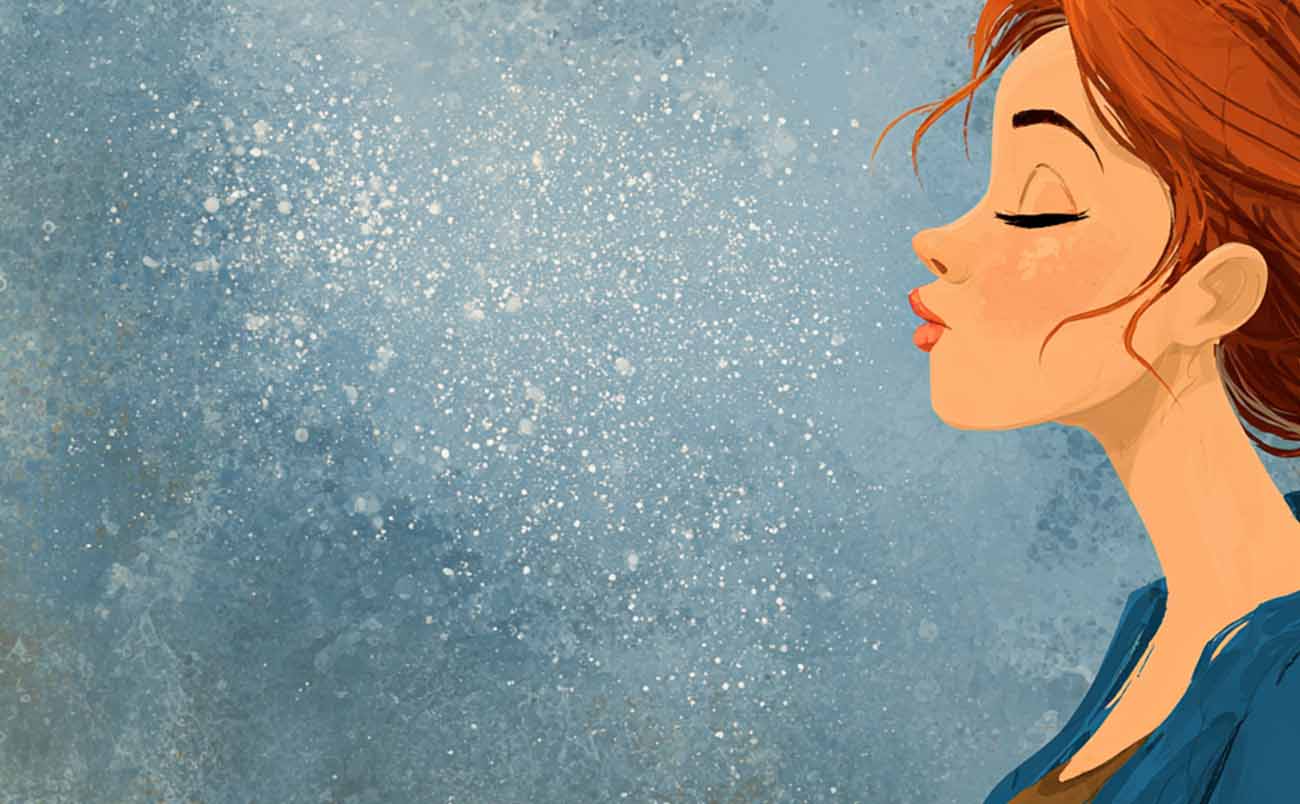
L’arrivo di mamma
The Arrival of Mom
Prima che papà potesse fare troppo danno, mamma, il vento dell’est, arrivava e lo calmava. Era come se lei desiderasse che ogni tempesta finisse in pace. A volte sembrava che pregasse affinché il vento diventasse un canto leggero invece di un urlo furioso.
Before Dad could do too much damage, Mom, the East Wind, arrived and calmed him down. It was as if she wished that every storm would end in peace. Sometimes it seemed she prayed for the wind to become a gentle song instead of a furious roar.
Dopo la tempesta, mamma preparava una cena deliziosa. Voleva che noi piccole brezze portassimo il profumo dell’arrosto fino alle case più lontane, così che tutti sapessero che era ora di sedersi a tavola. Speravamo che la cena non finisse mai.
After the storm, Mom prepared a delicious dinner. She wanted us little breezes to carry the smell of the roast to the farthest houses so everyone would know it was time to sit down to eat. We hoped the dinner would never end.
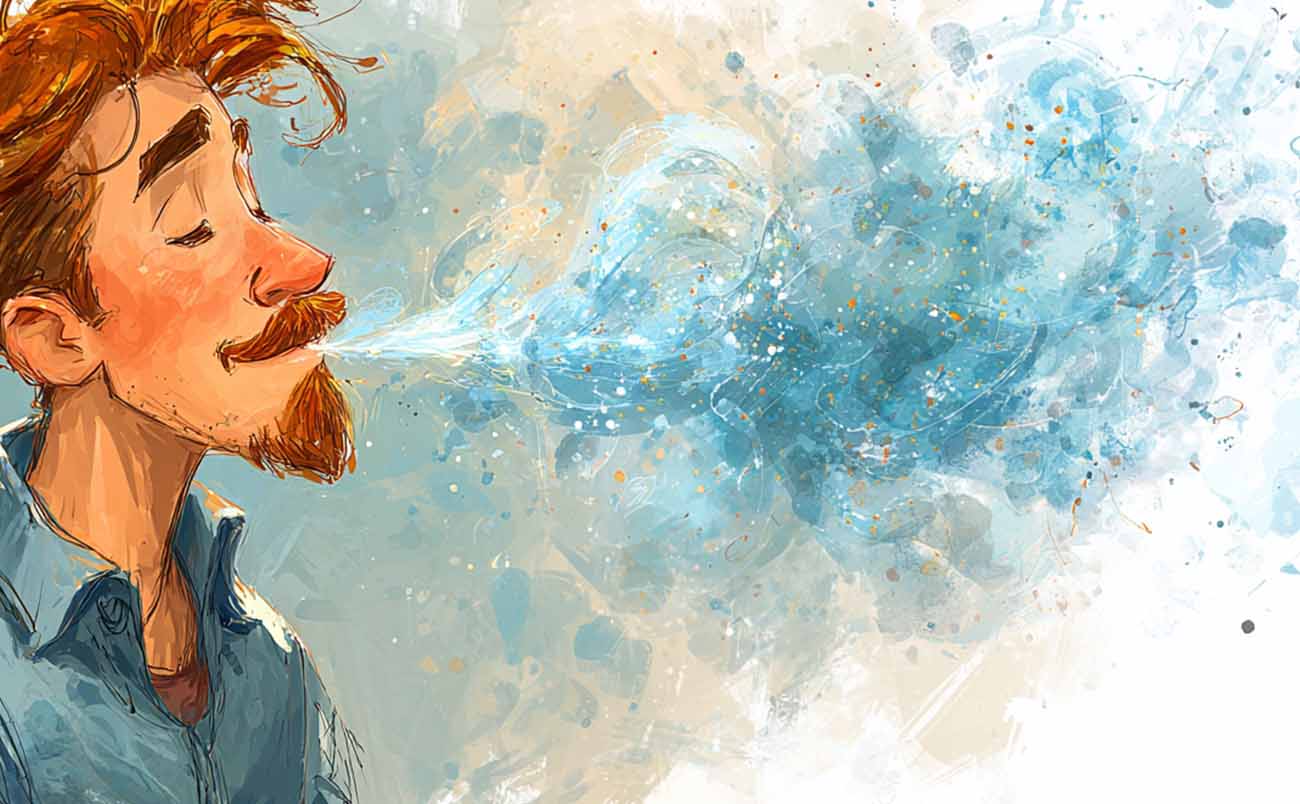
I racconti di papà
Dad’s Stories
La sera, papà ci raccontava storie della sua infanzia, quando viveva oltre il mare. Diceva che un giorno avrei regnato dall’ovest, ma solo se smettessi di fare scherzi alla gente. Io avrei voluto che le sue storie continuassero tutta la notte.
In the evening, Dad told us stories from his childhood when he lived beyond the sea. He said that one day I would rule from the west, but only if I stopped playing tricks on people. I wished his stories could go on all night.
🇮🇹 Un consiglio dalla Matta 🇮🇹
Matta Italian Language Tip!
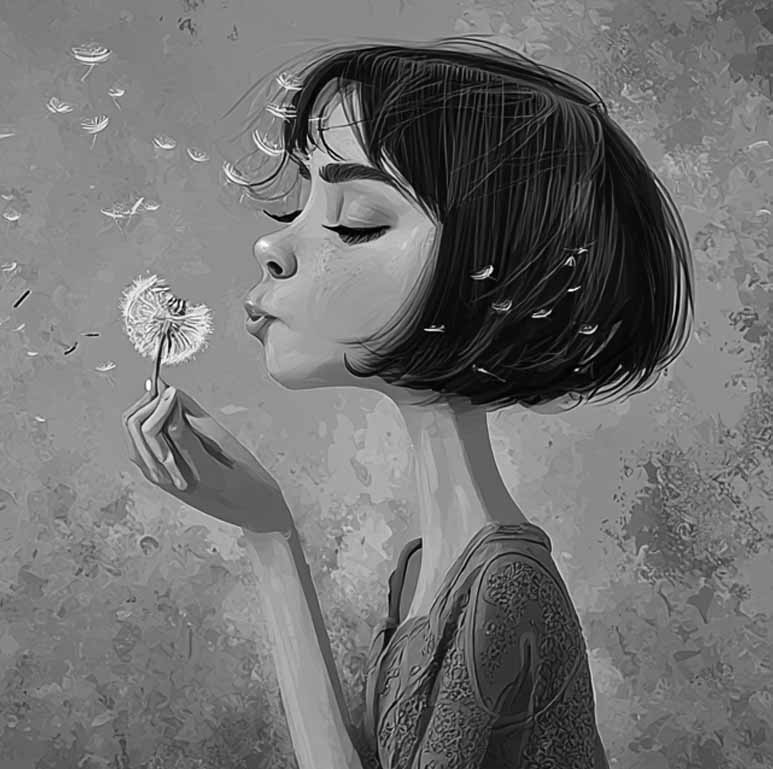
The congiuntivo imperfetto is your storytelling secret weapon!
Use it after expressions in the past that require the subjunctive, like volevo che, desideravo che, or speravo che. Think of it as the “I wished/ hoped/ wanted” tense—perfect for weaving emotion, uncertainty, or unreal situations into your stories.
Example: Speravo che tu venissi alla festa. – I hoped you would come to the party.
It’s a tense that adds depth and nuance… and makes your Italian sound truly da favola!




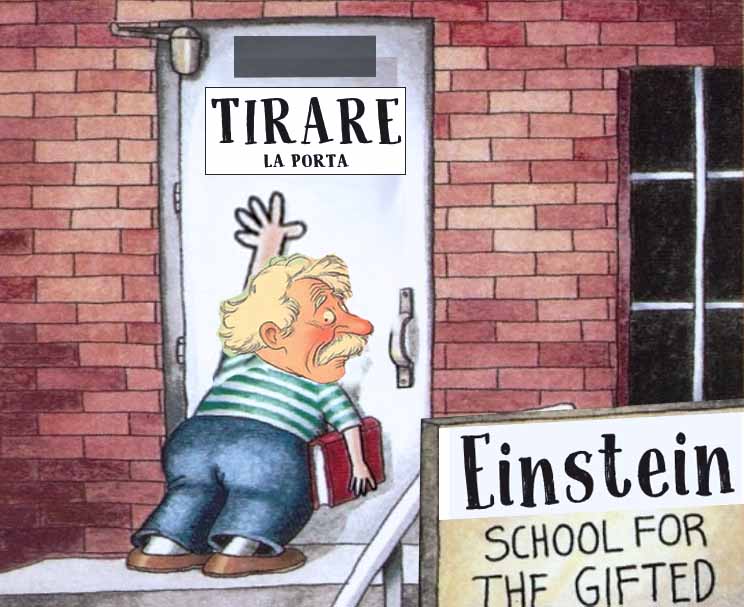






Che dire Melissa! hai proprio un grande talento!
La narrazione è scorrevole e fluida!
Hai tutta la mia ammirazione!
Sono d’accordo con Rossella..hai proprio un grande talento. Mi piace questo blog. Dov’è if foto alla destra alla mare
L’ho fatta la foto dalla finistra del nostro albergo “L’onda verde” a Praiano sulla costa amalfitana. Che bella vista da vedere dalla camera, no? Abbiamo anche nuotato in quella baia!
Una favola fantastica! Auguri Melissa!
Questa favola mi e’ piaciuta moltissimo. Ci sono pero’ due errori:
1. Non c’e’ bisogno di scrivere l’apostrofo (un angolo) davanti a parole maschili.
2.provocasse e non: provacasse. Dato che il verbo e’: provocare
Continua a scrivere. Che bella fantasia!!!!